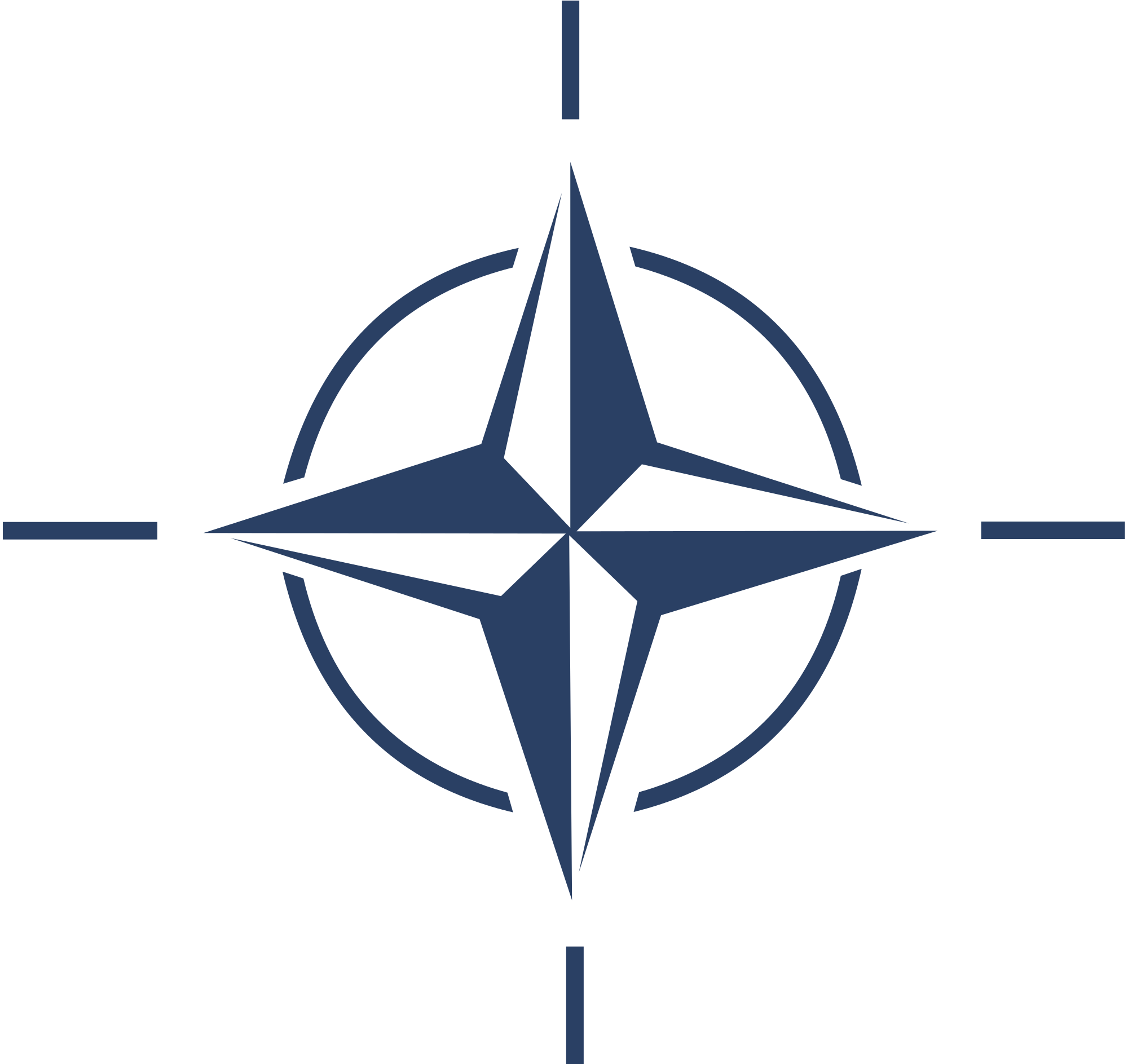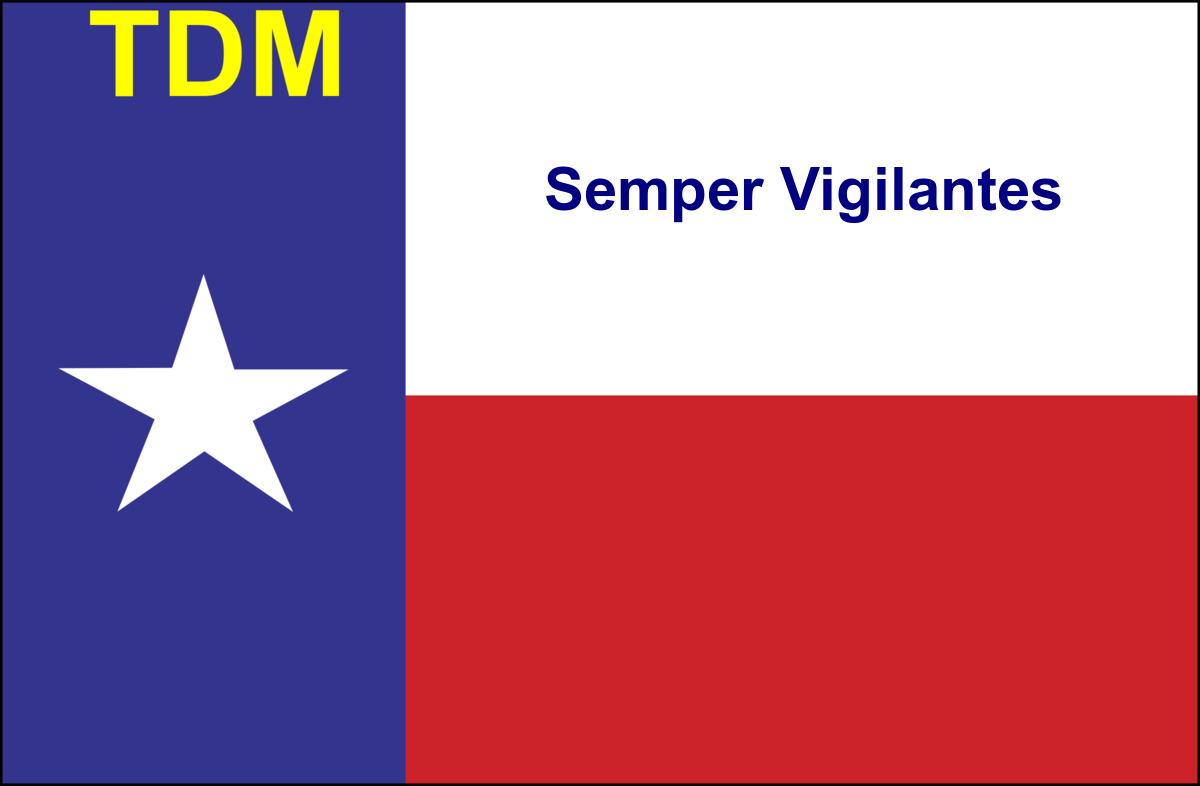NATO : Should the US Pressure Ukraine to Negotiate ?
<< Dallas TX, NOV 28 2023 >> << refactored on DEC 6 2024 >> United States' Strategic Victory Over Russia through Military Support for Ukraine Introduction The ongoing conflict in Ukraine, initiated in 2014, is a complex crisis with deep historical and geopolitical roots. Its origins trace back to the removal of pro-Russian President Viktor Yanukovych by pro-European Ukrainians advocating closer ties with the West. This pivotal shift sparked a broader struggle for influence in the region, setting Western-leaning Ukrainians against Russian ambitions. Russian President Vladimir Putin viewed these developments as a direct challenge to Russia's sphere of influence, marking the beginning of a protracted confrontation. The conflict reflects a resurgence of modern Pan-Slavism, with Putin positioning himself as a leader of the Slavic world (Đorđević et al., 2022). However, since the collapse of the Soviet Union, most Slavic nations have increasingly aligned with the West, creating a stark divergence between Russia's imperialistic goals and its neighbors' aspirations. This divergence has fueled tensions between NATO and the Russian Federation (Đorđević et al., 2022). Putin’s response has been characterized by a pattern of aggression, starting with the 2008 invasion of Georgia, justified by claims of protecting Russian-aligned ethnic groups. This tactic was later employed during the 2014 annexation of Crimea and the Donbas regions under the pretext of safeguarding Russian-speaking communities, escalating into a broader conflict by 2022. Putin's ultimate objective—overthrowing Ukraine's government to install a pro-Russian regime—aims to prevent Ukraine's NATO integration (McFaul & Person, 2022). This article argues against the United States coercing Ukraine into a negotiated peace settlement. Instead, it posits that sustained U.S. military support is strategically advantageous for undermining Russian aggression and fortifying NATO’s security. Why the U.S. Should Oppose a Coerced Peace Settlement A viable, enforceable peace agreement is unachievable under current conditions. Forcing a settlement risks rewarding aggression while undermining international security principles. Supporting Ukraine militarily allows the U.S. to weaken Russia's military capabilities without risking NATO casualties—a parallel to the Soviet Union's debilitating war in Afghanistan (The Soviet Invasion, n.d.). Such a strategy enhances NATO’s eastern flank security, potentially for decades, while fostering the possibility of regime change in Russia. The weakening of the Russian military might catalyze a transformation similar to the upheaval of 1917, which warrants further strategic consideration. Moreover, Russia's history of unreliable commitments and deceptive tactics complicates peace negotiations. Any agreement risks providing Russia an opportunity to regroup and reignite hostilities (The Long-Term Risks, 2022). Meanwhile, Ukraine’s advances and growing military strength, bolstered by Western support, reduce its incentive to negotiate. As Ukraine modernizes its forces with NATO-standard equipment, including F-16 aircraft, its strategic position improves, advancing its case for NATO membership. Geopolitical and Economic Implications The conflict has unexpectedly reinvigorated NATO. Member states are increasing defense spending, strengthening deterrence along the eastern flank, and attracting neutral nations like Finland and Sweden to join the alliance. A premature peace agreement could reverse these gains, leading to complacency and weakened preparedness. Globally, the war has disrupted grain and fertilizer exports, affecting regions like the Middle East and Africa, and raising concerns about food security. While this creates opportunities for alternative suppliers like the U.S. and Brazil, the focus must remain on stability rather than profit. Russia’s status as a nuclear power adds complexity to the conflict. Ukrainian territorial gains could escalate Russian nuclear rhetoric, risking broader global instability. Conversely, a successful Ukrainian counteroffensive could destabilize Putin’s regime, potentially leading to leadership change. While this presents opportunities for improved Western relations, it also raises the risk of further escalation under more aggressive leadership. Conclusion The reliability of Putin's regime is deeply questionable, underscoring the necessity of continued U.S. support for Ukraine. Assisting Ukraine in reclaiming its territory not only restores sovereignty but also strengthens its prospects for NATO integration. The conflict highlights critical issues, including Europe’s over-reliance on Russian energy and the global economic impact of disrupted resource exports. Ironically, Russia’s invasion has revitalized NATO, achieving the opposite of Putin's intentions. Strengthening NATO's defenses and rendering the Russian military ineffective will secure Europe’s stability for decades. This approach not only addresses immediate security concerns but also aligns with long-term goals of undermining authoritarian regimes and promoting global peace. Ultimately, the U.S. must leverage this strategic opportunity to ensure Ukraine's victory, weaken Russia's military capabilities, and fortify NATO's position. Supporting Ukraine is not just a moral imperative but a pivotal step in shaping the future of global security. References “U.S. Relations With Russia.” 2021. U.S Department of State, September 3. www.state.gov/u-s-relations-with-russia (accessed November 14, 2023). Spochr, Thomas. 2022. “ Russia’s War on Ukraine: Four Lessons From the First 100 Days.” June 6. www.heritage.org/global-politics/commentary/russias-war-ukraine-four-lessons-the-first-100-days(accessed November 14, 2023). Đorđević, Vladimir, Mikhail Suslov, Marek Čejka, Ondřej Mocek, and Martin Hrabálek“Revisiting Pan-Slavism in the Contemporary Perspective.” Nationalities Papers 51, no. 1 (2023): 3–13. Jenkins, Brian. 2023. “Consequences of the War in Ukraine: The End and Beyond.” March 8.www.rand.org/pubs/commentary/2023/03/consequences-of-the-war-in-ukraine-the-end-and-beyond.html(accessed November 14, 2023). Moskowitz, Ken. 2022. “Did NATO Expansion Really Cause Putin’s Invasion?.” October.afsa.org/did-nato-expansion-really-cause-putins-invasion (accessed November 14, 2023). Clark, Joseph. 2023. “U.S. Will Train Ukrainian F-16 Pilots, Ground Crews.” August 24.www.defense.gov/News/News-Stories/Article/Article/3504621/us-will-train-ukrainian-f-16-pilots-ground-crews/(accessed November 14, 2023). Gould, Joe. 2019. “Trump to seek $250M in new lethal aid to Ukraine.” December 4. www.defensenews.com/congress/2019/12/04/trump-to-seek-250m-in-new-lethal-aid-to-ukraine/(accessed November 14, 2023). “The Impact of Sanctions and Export Controls on the Russian Federation.” 2022. U.S. Department of State, October 20. www.state.gov/the-impact-of-sanctions-and-export-controls-on-the-russian-federation (accessed November 14, 2023). “Conversation with NATO Secretary General Jens Stoltenberg at the Council on Foreign Relations.” 2023. North Atlantic Treaty Organization, September 21. www.nato.int/cps/en/natohq/opinions_218588.htm (accessed November 14, 2023).Gould, Joe, Sprenger Sebastian. 2023. “NATO summit defense spending pledges may exceed 2% target, Austin says.” DefenseNews(accessed November 14, 2023) “ Cold War Diplomacy.” N.D. National Museum of American Diplomacy, N.D. https://diplomacy.state.gov/discover-diplomacy/period/cold-war-diplomacy(accessed November 14, 2023). The Soviet Invasion of Afghanistan and the U.S. Response, 1978–1980.” N.D. United States Department of State,N.D. history.state.gov/milestones/1977-1980/soviet-invasion-afghanistan(accessed November 14, 2023). Jones, Stephen K., Joseph S. Bermudez Jr, and Philip G. Wasielewski. 2022. “Russia's Gamble in Ukraine.”for Strategic and International Studies Kagan, Fredrick. 2022. “ THE LONG-TERM RISKS OF A PREMATURE CEASEFIRE IN UKRAINE.” December 2.www.understandingwar.org/backgrounder/long-term-risks-premature-ceasefire-ukraineaccessed November 14, 2023). McFaul, Michael, Robert Person. “What Putin Fears Most. 2022. " Horizons: Journal of International Relations and Sustainable Development.” no. 21: 28–39.

